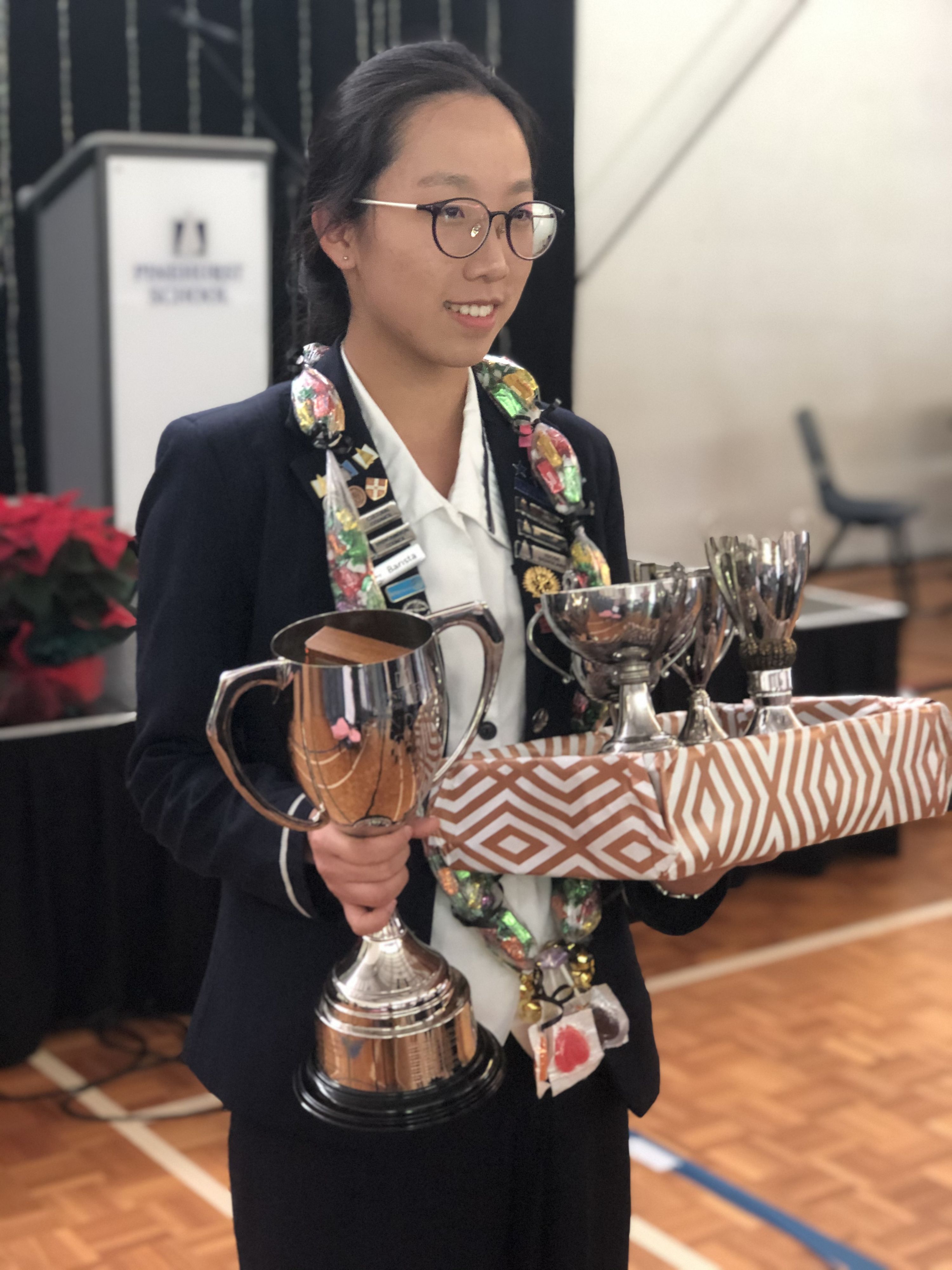Solved in Minutes: The Power of Venn Diagrams in Mathematics
Read now/f/90801/1920x600/9517c1bf7a/blog-banner-venn.png)
Chat With Us
/f/90801/1920x600/98e3c4d1fa/a-level-results-banner.png)
Going into A Levels from International GCSE can seem like a big jump. The increase in content for each subject, and the fact that you go deeper into each concept, means there will be an increase in workload. However, A and A* grades at A Level are still very possible.
Although everyone has a slightly different way of studying, below are some tips that helped me through my eight subjects for A Levels. I hope they will give you some guidance as well. You’ve got this!

Definitely try and focus during class because teachers can help explain concepts better and you can ask questions when you don’t understand.
Textbooks are more useful after class, where you can go through the knowledge covered in class and enhance your understanding
Always ask questions when you don’t understand - you’ve got nothing to lose by just asking.
Going over what you have learnt during the day each night helps to consolidate the knowledge.
Try and put distractions away if you can. An app called “Forest” helps you to put your phone down (otherwise you will kill the plants that you have planted).
Make a list of all the exam questions you get wrong, and aim to do them again before your actual exams.
Making a timetable of what to do each week/month can be useful for those who are good at following a long term schedule. For people who do not follow a schedule well, just give yourself a rough idea each morning of what you need to do today.
If you think you need extra help with subject content, or help with answering exam questions efficiently, getting a tutor can help solve the problems.
Have a positive mindset. Believe in yourself. You can do this!
Below are some tips for each specific subject that I completed at A Level.
Studying is important, but balance is key to avoid burnout. Balance your school work with extracurricular activities such as sports and musical instruments. Always set some time aside to spend with family and friends to relax. Mental and physical health are important too! Don’t forget to talk to family and friends if you are stressed. Always look after yourself.
Learn more about university admissions with A Levels here.
Congratulations for making it to the end of this page. Hope that the information above will give you some help and guidance during your last few years at high school. I wish you all the best for your studies!
P.S. Remember to sleep well before your exams, and a little sugary treat works well too!
Learn more about CGA’s student results here.
